Our "Greatest Social Crisis": 'Bedlam' Explores America's Deplorable Mental Health Treatment System4/12/2020 Dr. Kenneth Rosenberg's heart-wrenching documentary premieres on PBS Monday, April 13 The largest mental health facility in the United States doesn't look like one of those scary insane asylums of old with their peaked roofs and stone facades. The complex at 450 Bauchet Street in downtown Los Angeles appears much more like a prison, with grim slats for windows. There's good reason for that. It is a detention center--the Twin Towers Correctional Facility. Why a county jail should be serving as a mental health institution is a question worth investigating--and it gets that worthy exploration in the documentary Bedlam, premiering tonight on the PBS nonfiction series Independent Lens. Psychiatrist and filmmaker Dr. Kenneth Rosenberg directed the film which examines the sad state of treatment of serious mental illness and how we got to this unfortunate state of affairs. "I do believe this is the greatest social crisis of the 20th and 21st centuries," Dr. Rosenberg told me at the Sundance Film Festival, where Bedlam premiered in 2019. He added the goal of the film is "to try and give a comprehensive view of what's going on and what the problems are... The fact that we're the first or among the first to delve into it in this way [through documentary film], it's gratifying but it's also disturbing, quite frankly." My family's tragedy is an American tragedy. My family's secret is America's great secret. Dr. Rosenberg spent five years documenting the patchwork system of treating the seriously mentally ill, accessing places few cameras have entered before, like the Los Angeles County-USC Hospital's psychiatric emergency room. Among the patients we meet is Johanna, a 23-year-old woman suffering bipolar disorder with psychotic features. Her rapid-fire speech is punctuated with scat-like riffs--"bee-ta-beep, boot-a-boop." There is something both tragic and endearing about her--one can sense her potential as a person if she could just receive proper sustained care. "She's just an extraordinarily beautiful person who has a really bad disease," Dr. Rosenberg notes. "I thought one of the things we really need to convince people of is that people are not defined by their diseases. We wanted people whose beauty and humanity could shine through." Another of the LAC-USC patients we meet is Monte, a gentle giant of a man with paranoid schizophrenia, who speaks animatedly about fending off "red dragons" and fears of being kidnapped. There's a remarkable moment in the film when a nurse practitioner explains to Monte that when he is transported to another facility by ambulance, he will need to be restrained. "When you say the word 'restrain,' that's like a trigger," he replies with touching candor. He demonstrates how that word makes him feel--adopting a sort of defensive "kung fu" posture. It poignantly illustrates the searing reality of living with such a difficult illness. Later in the film Monte becomes homeless. He is charged with a crime and sits in the LA County Jail for four months awaiting the chance to get treatment at a mental health facility. As an African-American man he is at particular risk of a fatal encounter with police --something that is not lost on his sister, the activist Patrisse Cullors (after Dr. Rosenberg met Cullors she would go on to co-found the Black Lives Matters movement). Cullors explains in Bedlam that concern for Monte and people like him is what inspires her activism. The "treatment" many mentally ill people receive, especially African-Americans, is at the end of a gun barrel. The film points out that the three largest mental health institutions in the country are the Rikers Island jail complex in New York, the Cook County Jail in Chicago and Twin Towers in Los Angeles. "In Twin Towers 1,500 to 2,000 [inmates] on any given day are there for crimes big and small but who have serious mental illness... That's what the [LA County] Sheriff says," Dr. Rosenberg comments. "And that's the stuff we hope people will start to talk about." Bedlam examines the history of institutionalized psychiatric treatment, going back to where the term "bedlam" originated (it comes from a London mental hospital that opened in the year 1403). In the 19th and 20th centuries in the U.S. an effort was made to build institutions across the country to treat the chronically mentally ill. "In the 1950s there were 558,000 patients in America's asylums," the documentary notes. But the treatment provided in those facilities was often appalling inhumane. President Kennedy advocated reform. In a speech excerpted in Bedlam, the president urges, "We have to offer something more than crowded custodial care in our state institutions. Our task is to prevent these conditions." "It was so well intentioned. I mean, Kennedy did it for the best of reasons," Dr. Rosenberg observes. "I think that essentially (de-institutionalization) is not a bad plan. It's not bad to treat people humanely and put them in the community and assimilate and integrate them... But having said all that I think [JFK's] plan was shortsighted... and naive... He had this great idea but he didn't have follow through. So it was just a matter of time until somebody said, 'No, we don't want to spend all our money on this.' So in that way it was shortsighted. It was naive because there are people who need longterm institutionalization." Please don't bring back the terrible asylums. Under President Reagan, de-institutionalization accelerated as the federal government and the states played hot potato with funding--neither side wishing to foot the bill for necessary treatment. As mental hospitals were shuttered, tens of thousands of seriously mentally ill people were dumped onto the streets. On any given night in Los Angeles, the film notes, 20,000 people with mental illness are homeless, doing their best to survive. "They should be housed somewhere humane, not warehoused somewhere that's inhumane. But longterm treatment is part of the illness. And that's so unpopular to say, by the way," Dr. Rosenberg admits. "It's not that I want people to be chained or warehoused, I mean far from it. I think that's a crime. And I think President Kennedy was absolutely right to have these terrible, terrible institutions torn down. That was a good move. But consequently what's happened is they're torn down and people have to go somewhere. They go to the streets, they go to the jails, they go to the few remaining institutions. But they're kind of institutions for the rich or the lucky, because some people are lucky enough to get longterm institutionalization if they need it. That's really hard to get, especially humane longterm institutionalization. Please don't bring back the terrible asylums, but we do need longterm care and we also need treatment and research because that longterm care is not the solution." Related: |
AuthorMatthew Carey is a documentary filmmaker and journalist. His work has appeared on Deadline.com, CNN, CNN.com, TheWrap.com, NBCNews.com and in Documentary magazine. |
- Home
- News
- Videos
-
Galleries
- 2019 Tribeca Film Festival
- Full Frame Documentary Film Festival
- 2019 SXSW Film Festival
- SXSW 2018 Gallery
- 2019 Sundance Film Festival
- Outfest 2018 Photo Gallery
- Outfest 2017
- Sundance 2018 Photos
- 2017 LA Film Festival
- 2017 Cannes Film Festival
- Tribeca Film Festival 2017
- SXSW 2017 Gallery
- 2017 Berlin Film Festival
- Sundance 2017 Gallery
- 2016 Los Angeles Film Festival
- Cannes Film Festival 2016
- SXSW 2016 Gallery
- Berlinale 2016 Gallery
- Sundance 2016 Gallery
- Filmmaker Gallery
- About
- Contact
Proudly powered by Weebly
- Home
- News
- Videos
-
Galleries
- 2019 Tribeca Film Festival
- Full Frame Documentary Film Festival
- 2019 SXSW Film Festival
- SXSW 2018 Gallery
- 2019 Sundance Film Festival
- Outfest 2018 Photo Gallery
- Outfest 2017
- Sundance 2018 Photos
- 2017 LA Film Festival
- 2017 Cannes Film Festival
- Tribeca Film Festival 2017
- SXSW 2017 Gallery
- 2017 Berlin Film Festival
- Sundance 2017 Gallery
- 2016 Los Angeles Film Festival
- Cannes Film Festival 2016
- SXSW 2016 Gallery
- Berlinale 2016 Gallery
- Sundance 2016 Gallery
- Filmmaker Gallery
- About
- Contact

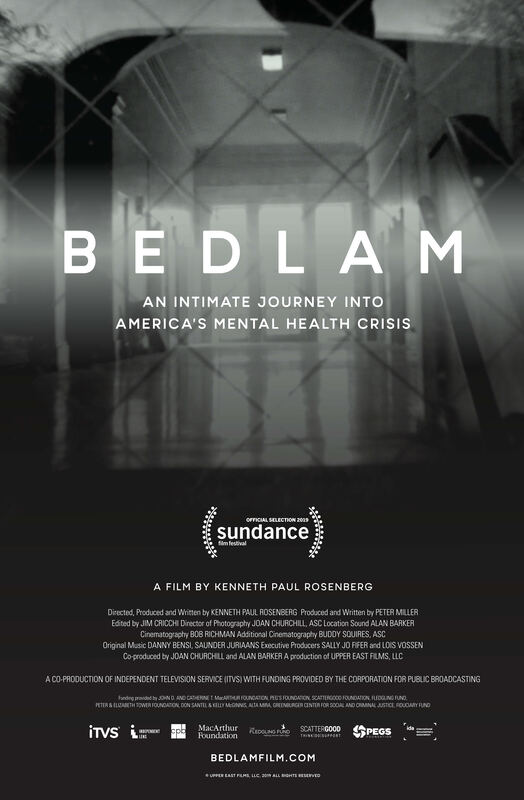
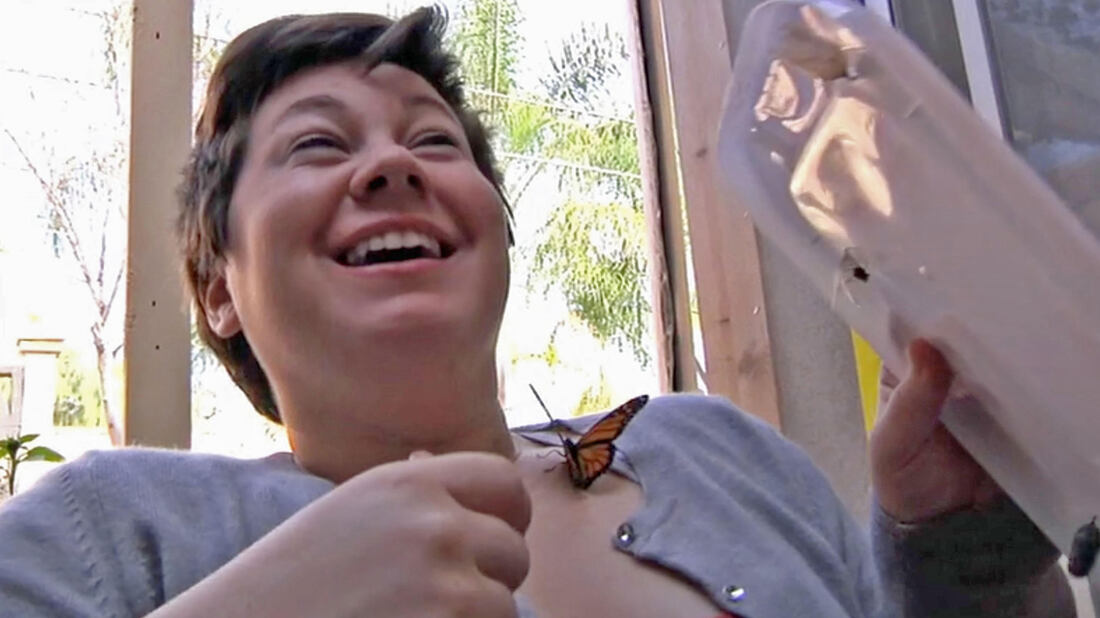
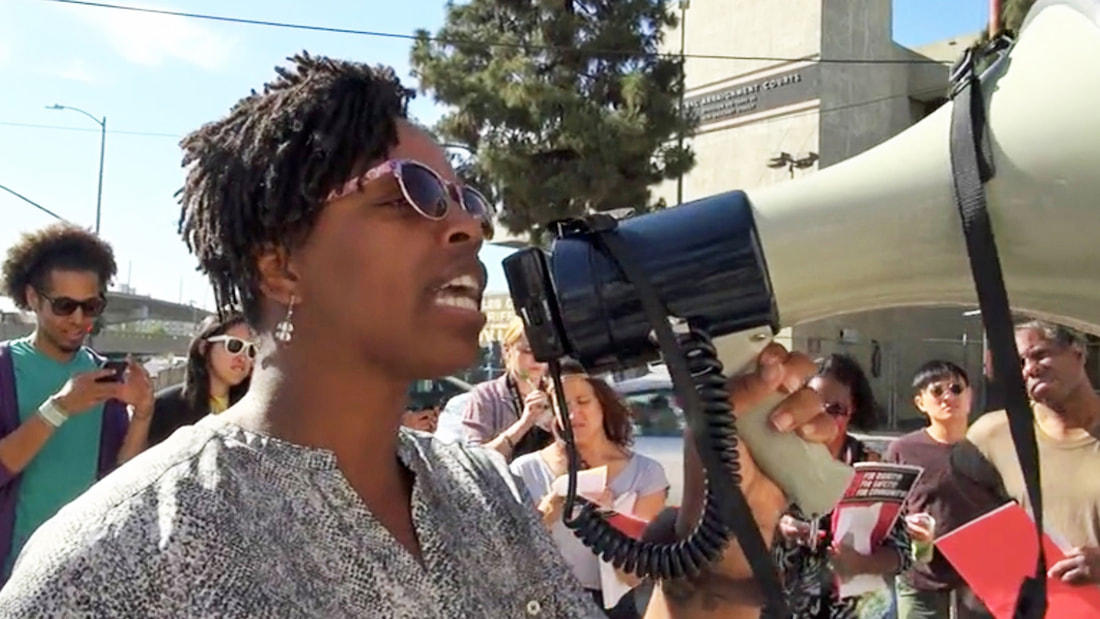
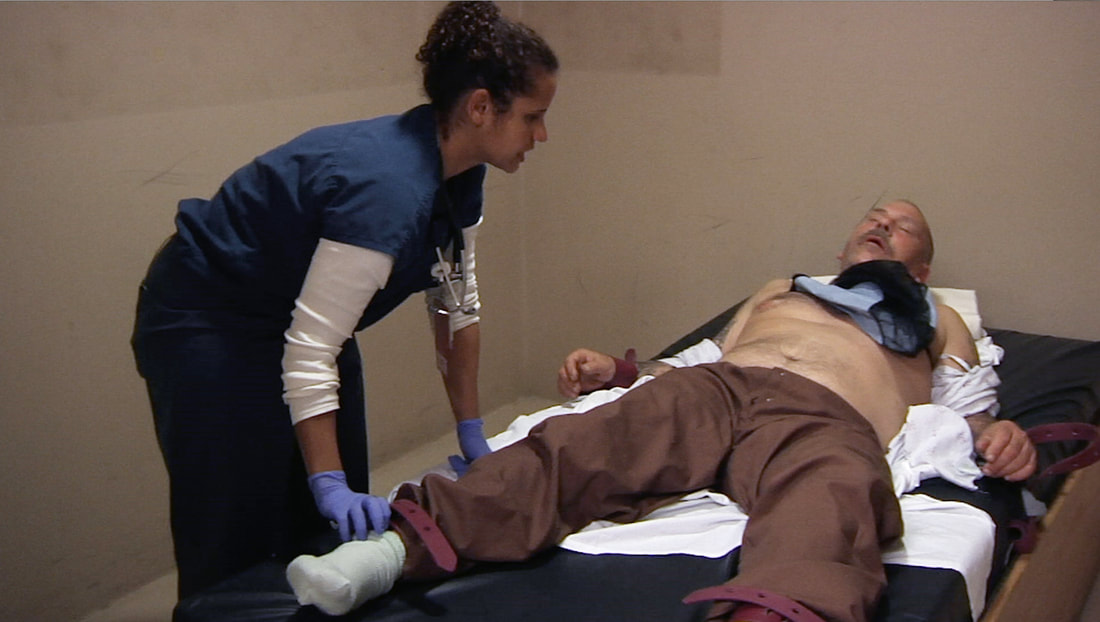
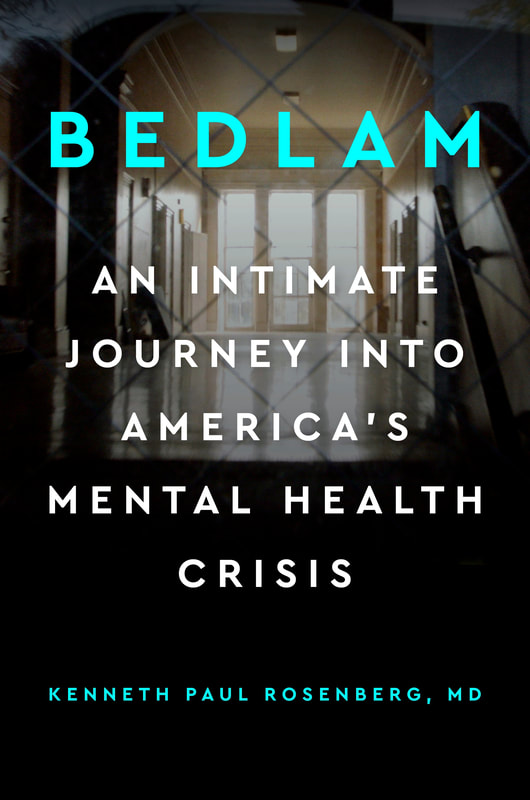
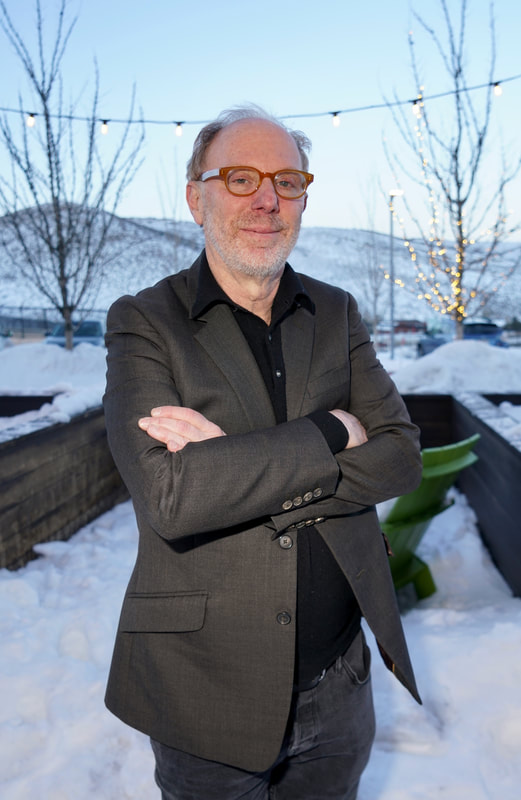
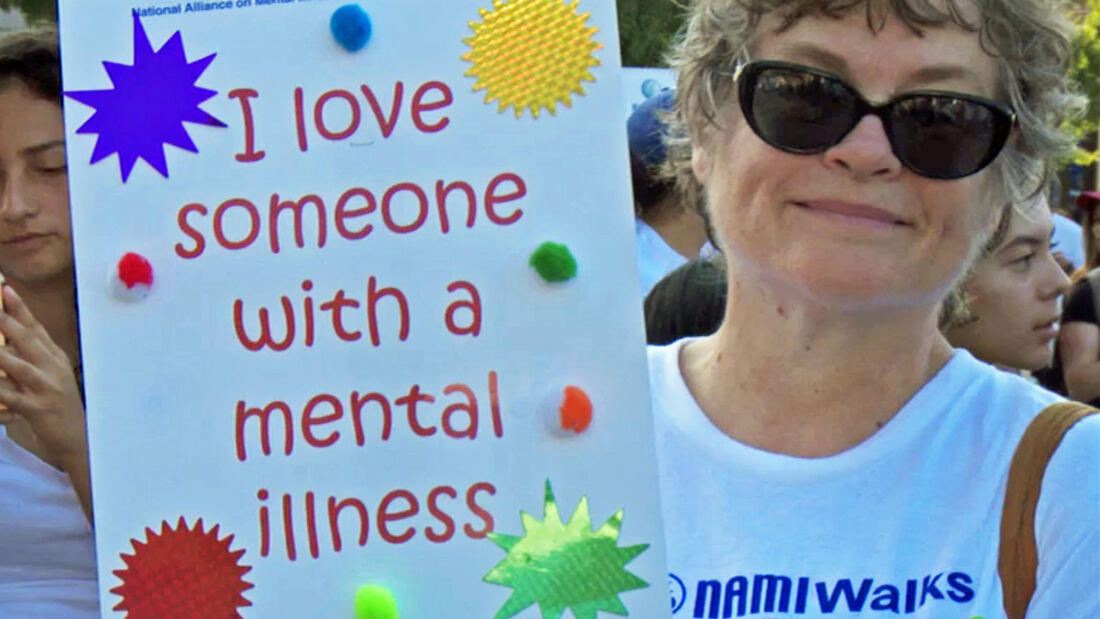
 RSS Feed
RSS Feed